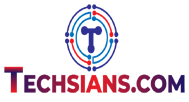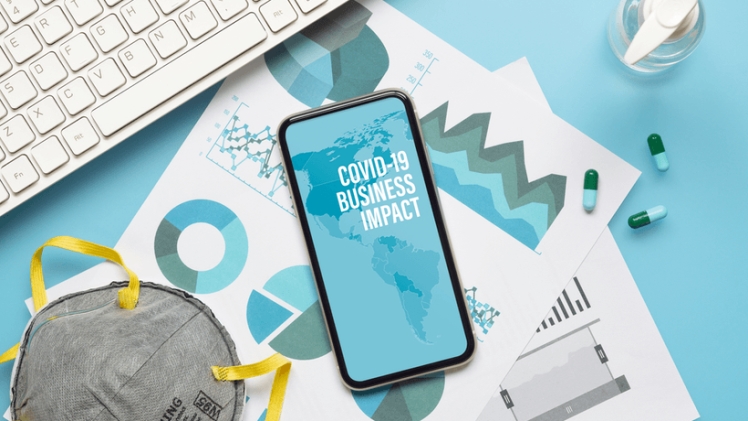The coronavirus pandemic has caused major disruption across multiple industries, and many businesses will not recover from the economic hardships and reduced client base in future years. Sectors such as food and hospitality have taken the biggest hit, with just 71% of restaurants in the UK expected to open after the pandemic.
But what does this mean for web design, SEO and digital marketing career? It’s hard to say, but what is clear is that more people are using search engines to find what they’re looking for, and by 2024, it’s estimated that ecommerce will have a 21.8% share in total global retail sales. This is why many companies are now moving off the high street and onto Google – they can maximise sales by doing this.
As a result, the demand for web design London companies is increasing; developing a website is a complex task and many businesses are not able to just ‘do it themselves.’ Whilst builders like Wix and Squarespace have grown in popularity in recent years, bigger websites like Apple or B&Q will need much more complex functionalities in order to give the best user experience, such as booking integration and ecommerce. With Google’s new page experience algorithm rolling out at the end of August 2021, websites need to be fast, reliable and easy to use (not to mention mobile optimised!).
Search engine optimisation (SEO) is also becoming more popular with businesses like builders’ merchants and service based industries. SEO refers to the process of optimising your website to maximise its position in the SERPS. The key thing to remember with SEO is that user experience is extremely important, as well as off-page marketing like backlinks and guest posts. For example, EJM might rank on page 1 for ‘website design agency London,’ which will hopefully bring significant traffic. There are multiple elements to SEO, which is why you should focus on hiring an agency with good experience and a proven track record of delivering results. One of EJM Web Design’s clients, The Metal Roof Company, has grown its traffic from 0 to over 60,000 web visitors per year, generating over 6-7 organic leads per day.
There has also been a big shift towards Facebook and Instagram ads after the pandemic. With social media usage increasing by huge amounts, more young people are connected to friends and brands than ever. Lots of companies are now using platforms like Tiktok to enact their digital marketing strategy, using funny videos to promote their products. Being a digital influencer also pays these days, with some being paid as much as £50,000 for a single post about a product. These videos can then link to websites which give more detail about a product or service.
In comparison to SEO, Google ads and social media campaigns can be effective in the short term. It’s easy to get quick results when you’re bidding for clicks or leads. Organic SEO, on the other hand, has been around for years and is a much longer term strategy. Results from SEO can take as long as a year, but at the end of a campaign, if done correctly, is likely to provide you with a bigger return on investment. The brilliant thing about SEO is that it can be done in conjunction with website design, so you can also have time to focus on inorganic forms of digital marketing like PPC and Facebook ads.

